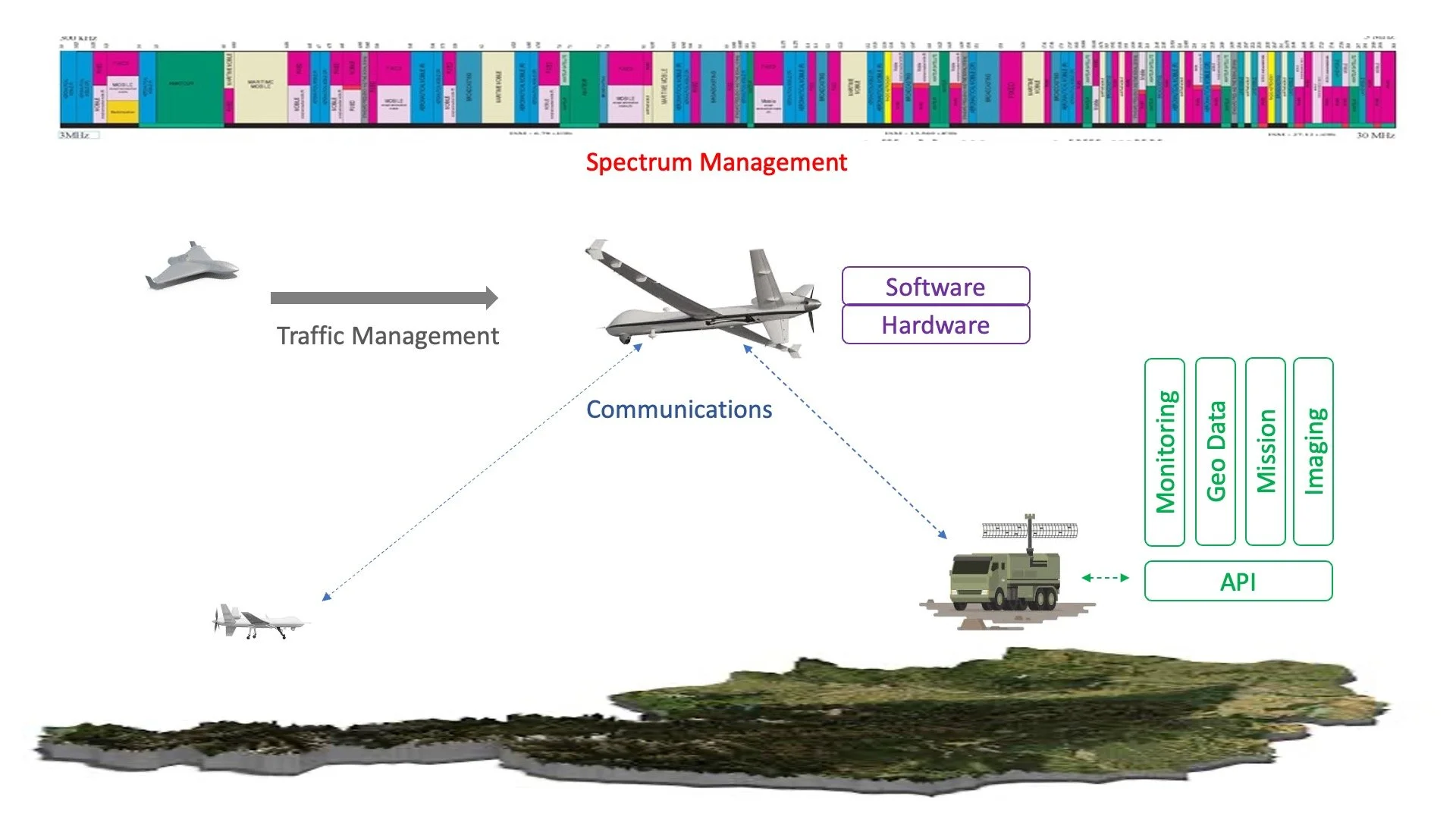Junaid Islam has made foundational technical contributions to U.S. national security through his work in secure communications, zero trust architecture, and network protocol development. He helped develop core technologies used by the Department of Defense (DoD), including Mobile IPv6 for net-centric warfare and Multilevel Precedence and Preemption (MLPP) for secure voice prioritization—essential for command-and-control operations. As the inventor of the Software-Defined Perimeter (SDP), he laid the groundwork for modern Zero Trust security frameworks now adopted across the U.S. federal government.
Junaid Islam has actively collaborated with U.S. government experts to advance national security research in communications, cybersecurity, and unmanned systems. Building on his innovations such as the Software Defined Perimeter (SDP), which helped shape NIST’s Zero Trust Architecture, he has contributed to defense and NASA initiatives involving secure communications, interference-aware networking, and resilient mission systems. Recently Junaid Islam developed a Zero Trust framework for UAS (unmanned aircraft systems) that aligns with DoD, DHS, and FAA standards. His ongoing efforts bridge research and practical deployment, strengthening the cybersecurity foundations of U.S. critical missions and national defense programs.
Junaid Islam is a respected expert on cybersecurity and national security, with a prolific output on OODAloop and blogs on the evolving cyber threat landscape. Junaid Islam advocates scaling beyond traditional defense‑in‑depth by adopting interlocked, hardware‑anchored enclave controls and continuous automated threat testing, essential for zero trust resilience across enterprise and supply‑chain systems. He has been featured in discussions about state-sponsored cyber threats linked to weaponized IT supply chains and emphasizes the importance of public–private collaboration for real-time cybersecurity resilience. Junaid has also represented the US Government on coalition operations.

